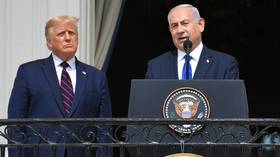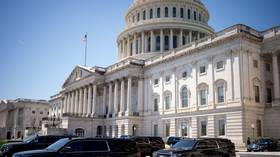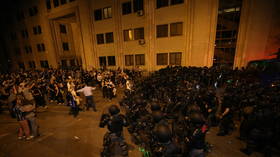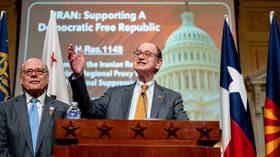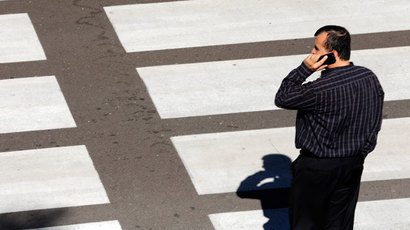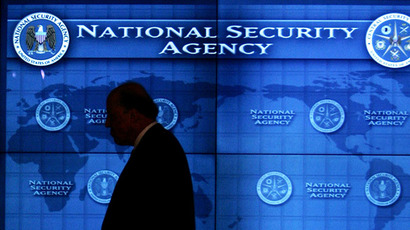US govt. sued for unwittingly spying on Americans while targeting foreigners
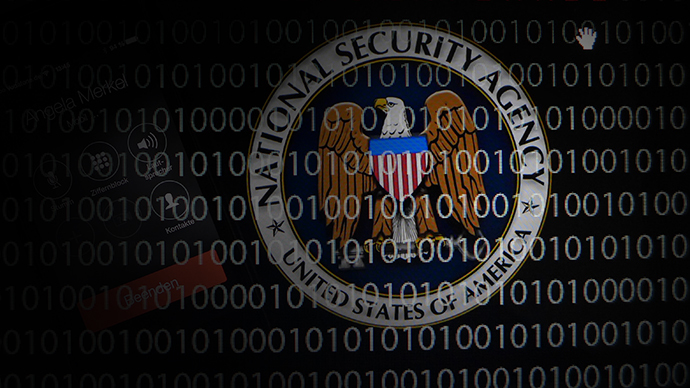
An American civil liberties group took the government to court over accidentally spying on its citizens as a byproduct of a Reagan-era order that falls outside the bounds of the country’s foreign intelligence court and allows for sweeping surveillance.
It follows another failed attempt last week, when a federal judge ruled that indiscriminate collection of billions of foreign phone communications daily is not against the law. Then, it was NSA director James Clapper on the bench. But the initiative fell through because of a lack of proof on just how the data is being abused by the NSA.
But the crux of the problem is that the dragnet unwittingly picks up American international calls as well. Although the NSA has always said the program targets foreigners, the order – a law dating back to the 1980s presidency of Ronald Reagan – is not under control of the legal bodies that scrutinize US intelligence.
The American Civil Liberties Union filed the new lawsuit at the US District Court in Manhattan, stating that the government should turn over information explaining just how far-reaching its international surveillance is.
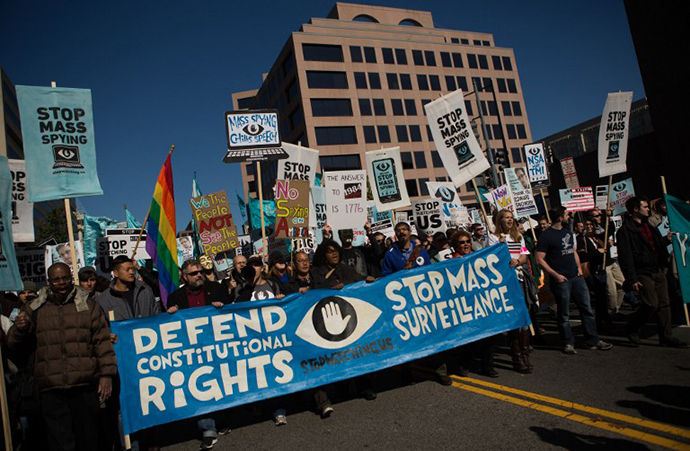
One of the organization’s attorneys, Alex Abdo, wrote in a blog how recent revelations have made public understanding of the problem more acute, following allegations that the snooping takes place on US soil – but his main complaint is the unfettered surveillance of American communications abroad.
"The core of the problem is that the NSA has, for years, relied upon its authority to gather foreign intelligence as permission to conduct sweeping surveillance of Americans' international communications,” Abdo said.
In the lawsuit, the union said that “how the government conducts this surveillance, and whether it appropriately accommodates the constitutional rights of American citizens and residents whose communications are intercepted in the course of that surveillance, are matters of great public significance and concern."
It argued on Monday that it does not seek classified information on the snooping – only to impose certain legal restrictions on it, the AP reported.
The lawsuit, which echoes Reagan’s Executive Order #12333, states that foreign surveillance by the country’s clandestine agencies does not fall under the jurisdiction of the Foreign Intelligence Surveillance Court.
President Barack Obama and the US intelligence community would oftentimes justify foreign snooping on the premise that it is overseen by all three branches of the US government – the executive, legislative and judicial. But the catch is that any legal changes made to foreign spy programs under the FISA would most likely not affect the existing executive order in any way, there is no legal oversight at all.
The lawsuit follows the early-December Christmas present from Edward Snowden – another leak, after which the US government was forced to publicly admit to tracking over 5 billion phone calls a day (including texts, emails and other communications).
US citizens and rights groups rang the alarm. Just as the ACLU, they were concerned with how the law affects American citizens, but were at the time assured that the spying is mainly conducted on foreign communications, and all American ones, if picked up, get deleted later, unless it is a matter of national security.
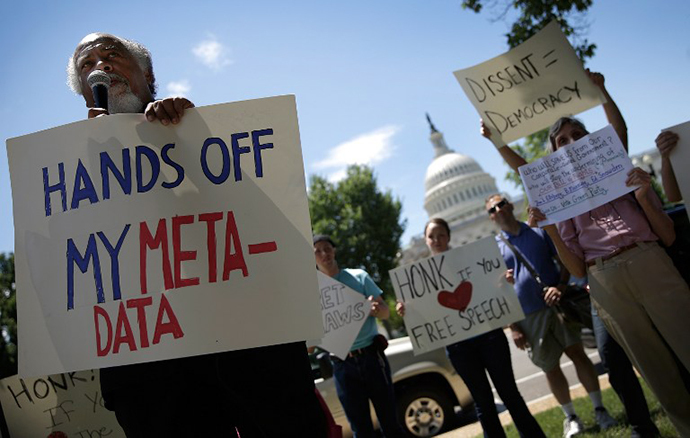
The ACLU, however, is not satisfied, because although the government agreed to answer the complaints in court, it routinely ignored any please for the disclosure of any of its practices in the matter.
The union’s Freedom of Information Act, it claims, has been routinely ignored since May by the National Security Agency (NSA), the Defense Department, the Justice Department and the State Department. The ACLU now wants the government to turn over its guidelines for how exactly it targets the “vast quantities” of foreign communications.
It was earlier found out that the technical side of the snooping is done by hacking into international fiber-optic cables.
In their defense, following the five-billion-communications-per-day revelations, the government responded in early December by saying that the surveillance is “not ubiquitous,” as their spokesman Vanee Vines said.
She explained that the NSA “does not know and cannot track the location of every cell phone," underling also the importance of such activities in that they have been “used in some of the most dangerous parts of the world, including war zones, where terrorists are actively planning to do harm to the nation."
However, just how far-reaching the snooping is, and the possibility of other such programs unknown to the world, remains shrouded in mystery.
“We know too well that unchecked surveillance authority can lead to dangerous overreach,” Abdo wrote in his blog.



